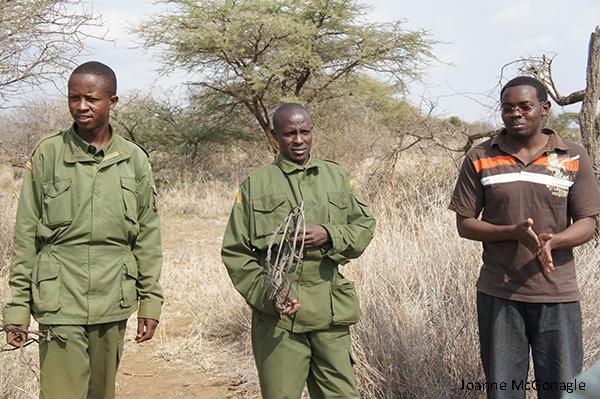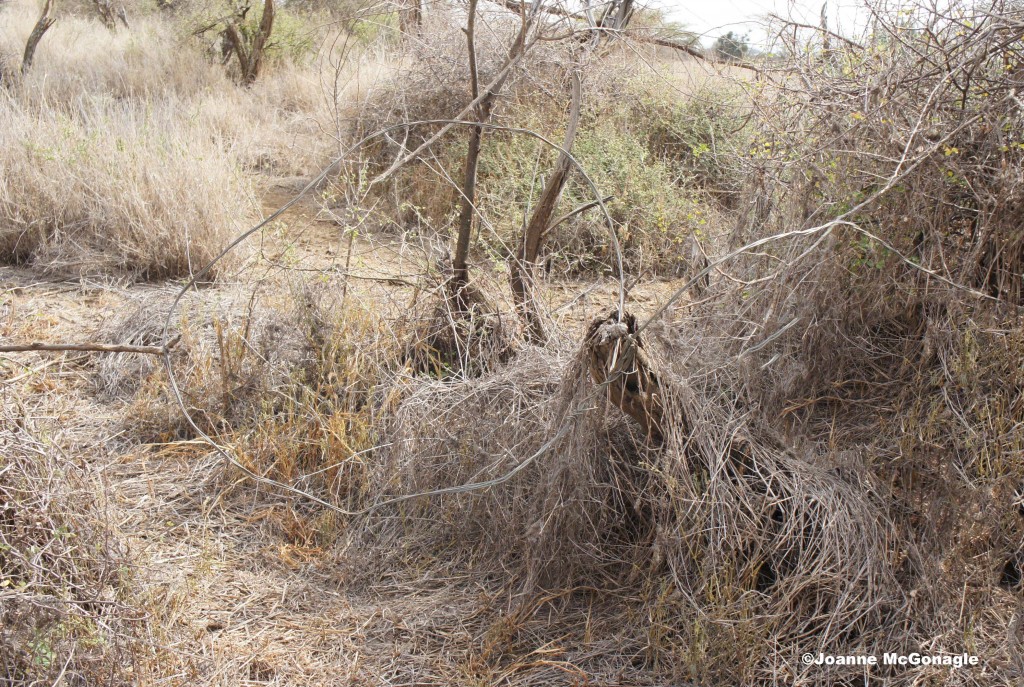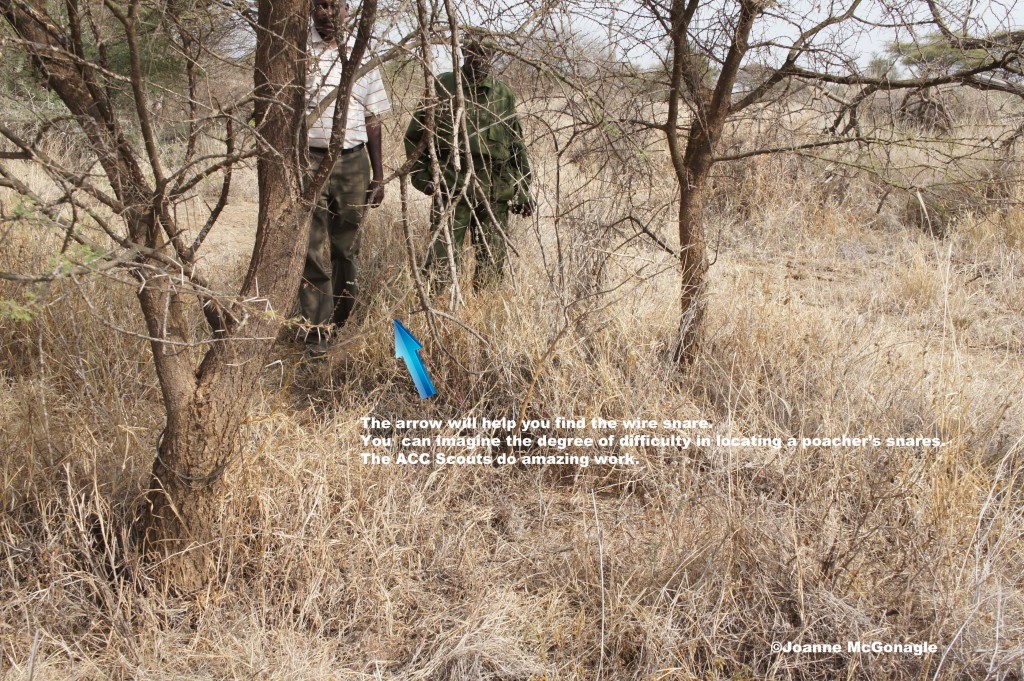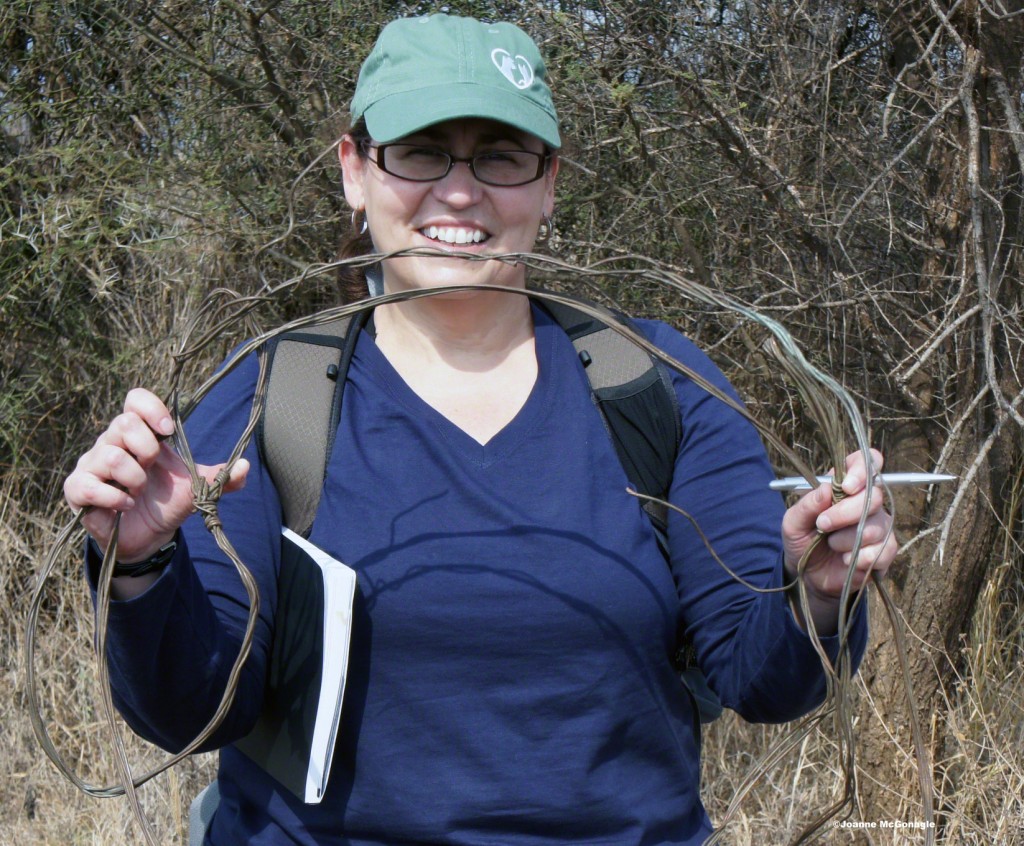FREE USA Ground Shipping on orders $75+
FREE USA Ground Shipping on orders $75+

Every Wildlife Ranger Counts! | World Ranger Day
July 31, 2019 3 min read
World Ranger Day
They work in some of the world’s most dangerous and extreme places. The anti-poaching rangers do one of the toughest jobs in the world.
The brave women and me work in hostile conditions to protects wildlife. Working tirelessly round the clock, they are the frontline protectors for vulnerable endangered animals. There work is never done and there is never a break from the ongoing threats to the animals they protect.
Many wildlife rangers have died in the line of duty. Fighting to protect wildlife, they are murdered by poachers or killed by distressed animals. Current global statistics state that two rangers lose their lives every week in the line of duty.
Wildlife Ranger Duties
The duties of wildlife ranger is vital to the survival of critically endangered species like elephants, rhinos, and tigers. Without the rangers, there would be no hope to win the war on wildlife crime.

Wildlife Ranger Duties include:
- Locate and remove snares
- Collect vital data on endangered species and habitats
- Respond to reports of wildlife crime and gather intelligence.
- Ongoing anti-poaching patrols
Searching for snares with the African Conservation Center Scouts
I had the opportunity during my zoology studies to spend a day with the Africa Conservation Center Scouts. After reading about the ACC Scouts and trying to imagine what a typical day must be like for them, the experience of walking along side them felt surreal. Yet there I was boots on the ground ready to search. After a brief introduction and a reminder to remain vigilant in the open bush we began to survey the area.

An untrained eye could easily walk right past the wire snares that are nearly invisible even from short range. The poachers are equipped with GPS units to help them locate and return to active snares they placed in the expansive open savannah between Kenya and Tanzania. The ACC Scouts also track poacher activity on their GPS units trying to keep tabs on active locations. The Scouts used to be able to track the footprints of the poachers until the poachers began to wear the same shoes as the Kenya Wildlife Service and the ACC Scouts. Now the Scouts keep exacting records of the time and location of their searches so that a misplaced footprint can be identified.
The Scouts must rely on their finely honed observation skills to track down poacher activity and dismantle snares before an animal is caught. Animals caught in a poacher's snare may die quickly but often the snared animal dies a long and painful death from infection or starvation.
Both of the snares we found on our search were dismantled. I couldn’t help but think how overwhelming the search for snares must be for the ACC Scouts. Such a big problem over such a big space. But they are determined to save lives by dismantling one snare at a time.

The Scouts were kind enough to take a photo of me holding one of the snares we found that day.
True Wildlife Heroes
It was an honor to walk with the African Conservation Center Scouts and to see up close the work that they do every day to help all animals. They are true wildlife heroes.
Thanks to your support of Triple T Studios, the Tiniest Tiger Community has made a donation to the Wildlife Rangers through David Shepherd Wildlife Foundation
Subscribe
Sign up to get the latest on sales, new releases and more …

